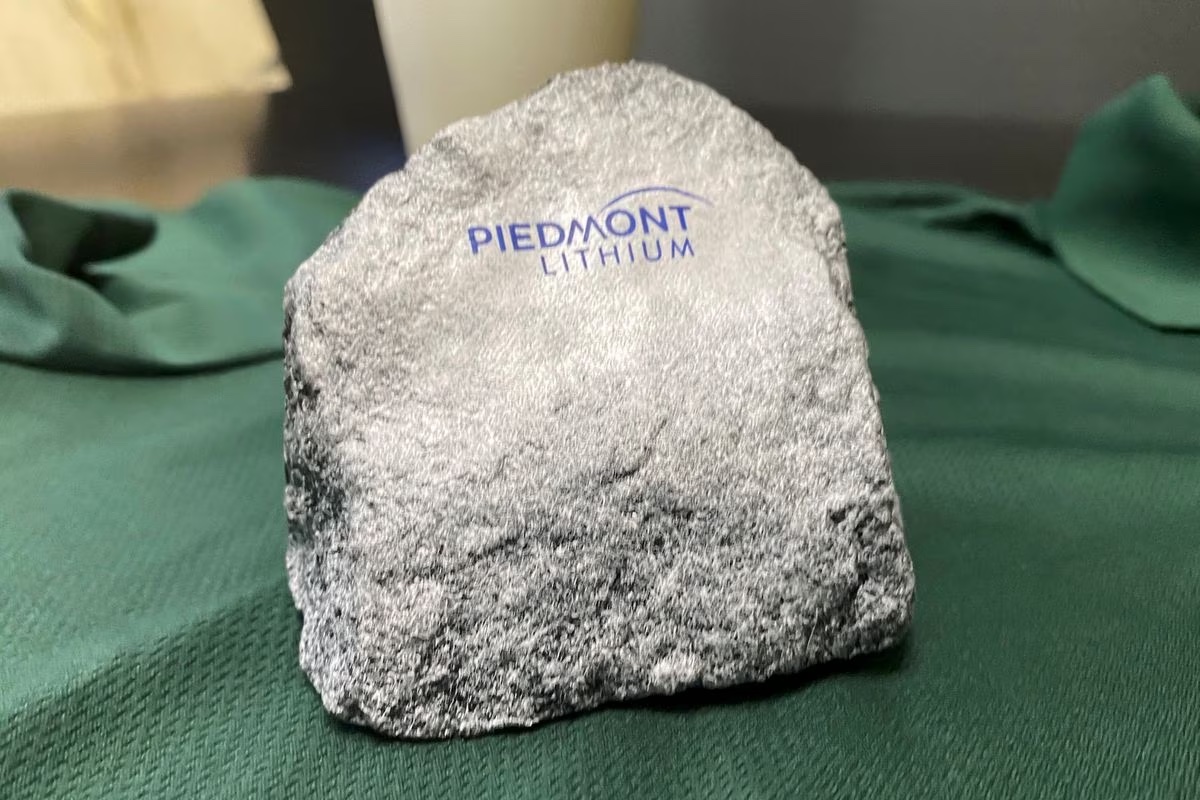March 8 (Reuters) – Piedmont Lithium Inc’s shares (PLL.O) rebounded from early losses on Wednesday sparked by comments from short seller Blue Orca Capital, which alleged that mining licenses in Ghana obtained by a company it invested in were through what appeared to be “textbook corruption”.
In 2021, Piedmont invested $100 million in Atlantic Lithium (A11.AX) to secure spodumene – high-purity lithium ore – from Atlantic’s mine in Ghana. Piedmont has a spodumene supply agreement with electric vehicle maker Tesla Inc (TSLA.O).
Shares of Piedmont were last up 3.2% after falling as much as 6.6% on the report.
Blue Orca alleged that Atlantic obtained key Ghana mining licenses by making secret payments and promises of payments to the immediate family of a high-level politician in Ghana. Reuters could not immediately verify Blue Orca’s allegation.
The short seller said it does not believe that authorities in Ghana will ratify Atlantic’s mining licenses “tainted by corruption”, based on precedents in the country and around Africa.
Piedmont and Atlantic Lithium did not immediately respond to requests for comment on the report.
Piedmont, which is currently valued at roughly $1 billion, in January amended its deal with Tesla to supply spodumene concentrate, a key raw material for making batteries, to the EV maker through 2025.
Founded in 2016 in Australia, Piedmont moved its headquarters to North Carolina in 2021 in hopes of developing a mine that would be one of the largest U.S. lithium mines. However, the project has been delayed due to concerns from local residents and reviews from state regulators.
Piedmont officials told Reuters last year that the company’s first steps in securing lithium supplies would likely then be in Canada or Ghana.











